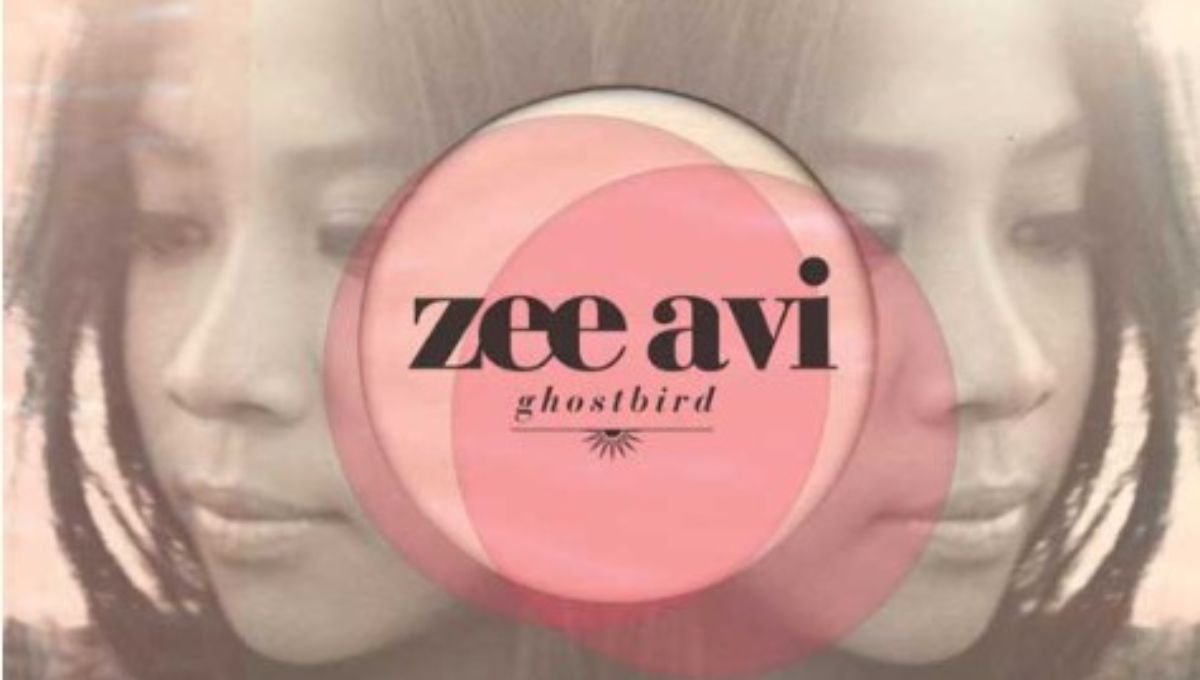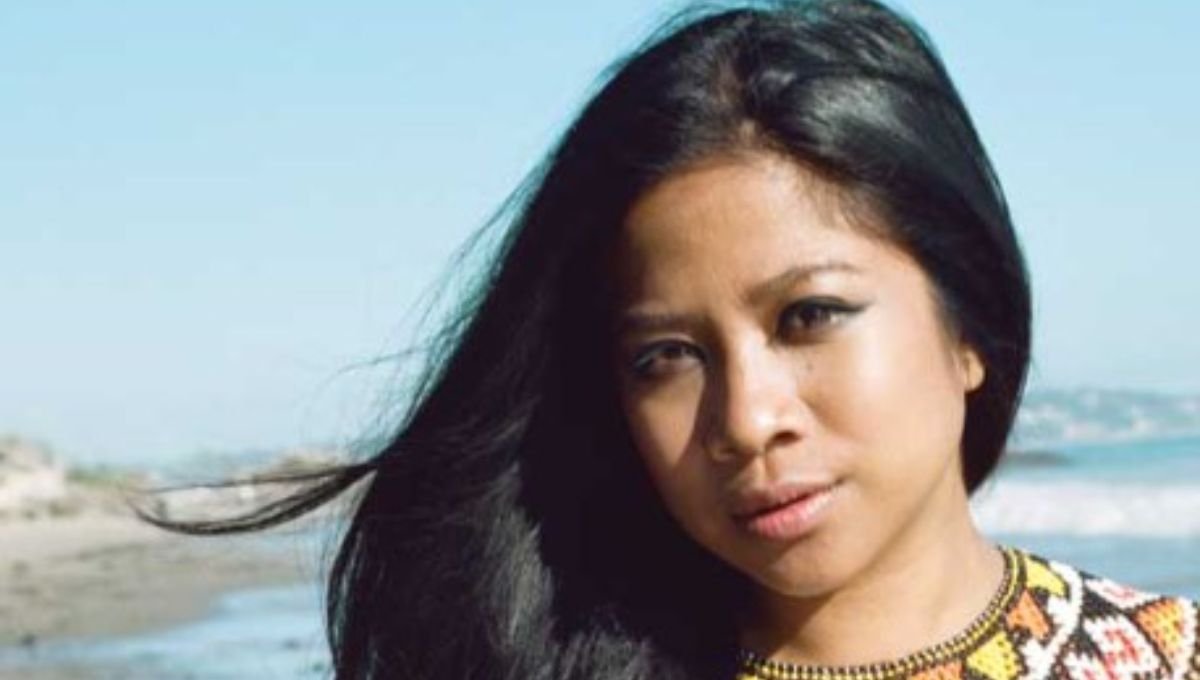You may have heard her songs in an episode of Gossip Girl and Private Practice or on the radio but Zee Avi hadn’t planned on being a star, when she innocently posted home videos on YouTube of her singing while playing her ukulele in 2007.
That was when the petite Sarawak native, who grew up in Kuala Lumpur, had just dropped out of fashion school. Shortly after, Patrick Keeler, drummer for the band The Ranconteurs, discovered the video and passed it on to Ian Montone, manager of The White Stripes. One thing led to another, and she’s since been signed on to Brushfire Records (co-owned by singer Jack Johnson).
The singer/songwriter’s first self-titled debut album, released on 19 May 2009 garnered the attention of “island indie pop” lovers around the world when the album hit the #130 US Billboard Hot 200 Chart and #2 US Billboard Top Heart-seekers Chart. Her first single “Bitter Heart” was widely popular in the Asian market and stayed on the Japan Top 100 Singles chart for 3 weeks.

Her second album, Ghostbird (a direct translation of the Malay term for owl), was released in August and followed the commercial success (over 300,000 copies have been sold to date) of the first. Writing songs for the album came naturally for the jazzy crooner, and it took just 2 weeks to record all 11 tracks on the album.

Despite a full day of interviews, during the South East Asia leg of her tour, the humble 27-year-old was all smiles as she began to share with UrbanWire what it takes to be Zee Avi — the musician, daughter, and storyteller.
UW: You were born Izyan Alirahman, how did the name Zee Avi come about?
ZA: “Donald Trump gave it to me. Just kidding. Hi, my name is Izyan and I’m an insomniac (laughs). Well, Izyan gradually turned into Izzy, which turned into ‘Zee’. And ‘Avi’ is an abbreviation of my last name because, as I always say, anything more than one syllable is a mouthful.
It’s something that’s universal and easier to remember. I just found out that ‘Zee’ means ‘sea’ in Dutch! Like ocean, pantai (Malay) you know? If you put an ‘E’ at the back of ‘Avi’, it means life. So… sea of life!”
UW: Why do you label yourself first a storyteller, then a musician?
ZA: “And then a human being. I’m a storyteller first and foremost. That was one of the reasons why I started writing songs. It’s because I had all these experiences that I had and one day I was trying to find a song that fit my mood, and then I couldn’t! So I was like, ‘You know what? I’m just going to write my own.’ And then I did. That’s when I started posting them on YouTube, and things like that and then, one thing led to another and then at the end of the day, I’m just someone who has this notebook filled with stories, and I just carry them with melodies.”
UW: If your latest album Ghostbird is inspired by the mysticism of owls, what mystifies you in daily life?
ZA: “People. People and things that are not tangible, like trust, love and faith. That mystifies me in the best way possible.”
UW: What was your family’s reaction to your rise to fame? Did they support you wholeheartedly?
ZA: “Well, they didn’t know that I was posting things on YouTube. I didn’t tell my family or friends, and so when I got the offer from the record label, I was like ‘Hey, so… Ma, Pa, this thing happened.’ And after I told them about it, they were like, ‘So that’s what you’ve been doing at 3 o’clock in the morning in your room, and guitar…’ and I was like ‘Ya, pretty much.’
And of course they were like ‘Make sure it’s legit, make sure you do you research …’ I think it didn’t hit them until I was finally in LA and I called them when I was in the studio. Now they’re like my street team, you know, a 158% behind my back.
You would think for them it explains a lot of my eccentricities. I think it’s allowed them to understand me more, as a person first, and then their daughter.”
UW: Are there any Malaysian traditions you hold on to or that have followed you to the West?
ZA: “Taking my shoes off, when I enter my house. Sometimes when I eat Indian food, I eat with my hands. How to be considerate and courteous and just be light and free in our expressions – that’s what I was taught and brought up on. Just take things by stride and be humble. And modesty is a great part of my culture too.”
UW: “Is there a difference in the way you write English and Malay songs?”
ZA: “I think in English and Bahasa Sarawak. I find, in terms of rhyming, sometimes it’s easier to write in English. But, in terms of expressing some things very simply, I find that easier to do in Malay. Cause there’s no filter or wall there. It’s just very free and comes very naturally. When conveying something like ‘I’ll be there beside you’, in English it’s been said so many different times and so many different ways.”
UW: Have you ever felt pressured to create music that just wasn’t you?
ZA: “Fortunately, I work with people who allow me to, you know, sort of embrace any direction that I want to go into. It’s not like ‘This sounds too this, or this sounds too that.’ I have actually been [criticised] for being too poetic. Once, someone told me I’m being too metaphorical.”
UW: Was it tough breaking into the US market as an Asian, or did it make you more exotic? Did you face any discrimination?
ZA: “I don’t see colour and I don’t think music does either. [Music is] universal, it’s the same language, and it’s appreciated just the same. How does Justin Bieber break into the Asian market?
Being Asian has advantages. It gives me a chance to sort of tell people more about my customs and traditions and the land from which I came. They appreciate that. The fact that you have this girl who’s from Borneo, who started writing songs in her bedroom, and now she’s here performing for a vast variety of people! I think they just sort of accept that and embrace it, and we celebrate together the fact that I come from where I come from. There are just so many things I can integrate with my art.”
UW: What’s on your iPod?
ZA: “I listen to a lot of compilations from various websites or something from the 50’s. A lot of Afro Beat, jazz and French chansons from the 50’s. Basically anything before 1979.”
UW: If you had to choose a song to describe your life now, what would it be?
ZA: “Lady Gaga’s “Bad Romance”. No, just kidding! I think it’s an instrumental one by the band, El Michaels Affair. It’s kind of like this soul funk, it’s a song called “Creams”.”
UW: Tell us more about your tattoo (‘A grand reception of oneself’).
ZA: “This is fake, dude. I got this in Bali. Life is a grand reception of oneself. Your life is your own party and it’s what you make it. Make it as fun as you can!”
UW: What made you laugh really hard recently?
ZA: “Oh man, so many [things]. Last time at the airport, I fell like this (hands stretched out, face down), and gravity [is my] best friend. The floor was really soft and my reflex was to laugh really, really hard. My bassist was like ‘It’s okay, you’re praying.’”
UW: If you could offer some advice to your ‘YouTube self’ back then…
ZA: “Don’t wear glossy red lipstick! I would definitely say, don’t take things too hard and always be grounded. Take things one day at a time.
And don’t wear glossy red lipstick.”
Check out Zee’s latest video, Frosty the Snowman, featured in the album This Warm December, A Bushfire Record Vol. 2.

